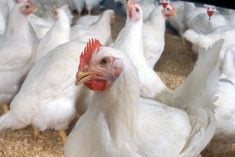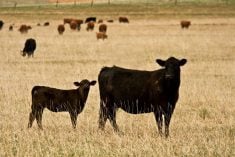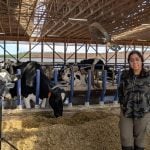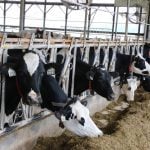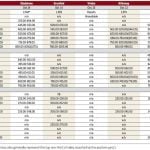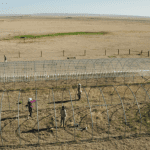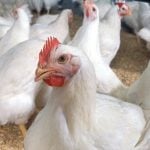Feeder cattle prices in Western Canada were $2 to $3 lower last week due to weaker slaughter values and rising barley prices. Alberta steers in the 500- to 600-pound category traded in the range of $140 to $150; auction markets reported 600- to 700-pound replacement steers in the range of $134 to $144.
Overall, buyers were factoring in a slightly higher death loss with the snow storm plaguing much of Alberta and Saskatchewan.
Seasonally, fed cattle tend to grind lower into the summer months as beef production increases and demand eases. Alberta slaughter cattle sold in the range of $112 to $114, which is down $2 on average from a week earlier. Packing margins are in negative territory, with wholesale prices struggling. Canadian ground beef prices are approximately 35 per cent higher than year-ago levels. The increase in beef prices has outpaced consumer incomes, causing demand to ease.
Read Also
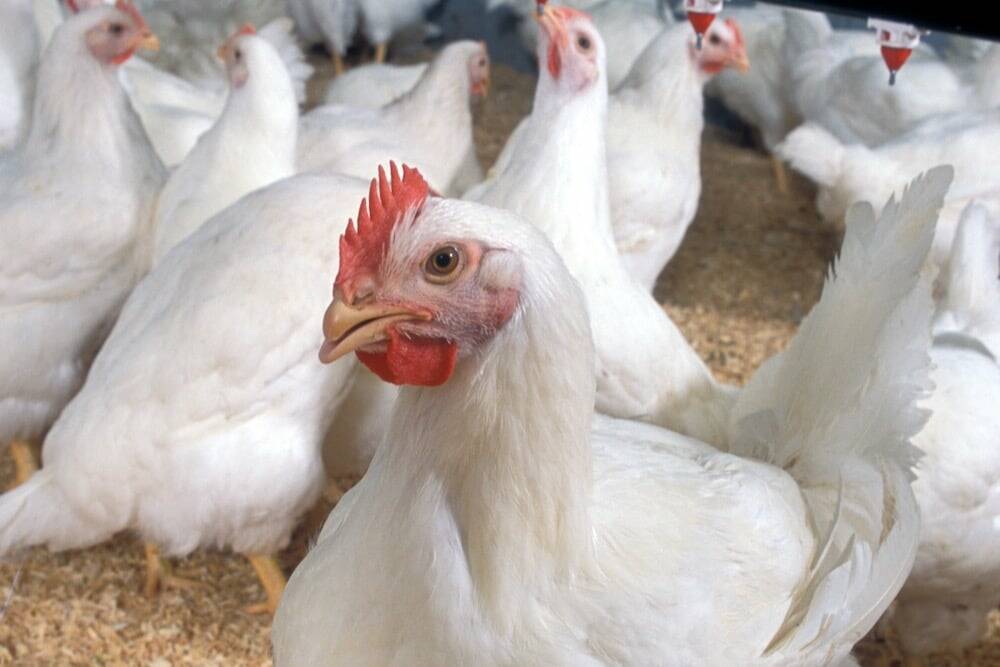
France raises bird flu alert level to ‘high’ after new cases
France has raised its bird flu alert level to “high” from “moderate”, requiring poultry farms nationwide to keep birds indoors as Europe faces a seasonal resurgence of the disease.
I think the upside in the feeder cattle market has been defined for the time being. Prices have been steady to lower over the past month and it will be difficult to sustain upward momentum with fed values softening. Canadian feeder cattle exports have not come on stream as expected during April, with U.S. slaughter cattle dropping $4 to $5 last week and the feeders declining by a similar amount. Large moves in the fed market tend to signal topping action.
Southern Alberta barley prices jumped $5 to $7, touching $200 delivered southern Alberta. I still think this market has $15 to $20 upside potential with road bans in place followed by the spring seeding period. This could be a negative factor for feeder cattle moving forward.
— Jerry Klassen is a commodity market analyst in Winnipeg and maintains an interest in the family feedlot in southern Alberta. He writes an in-depth biweekly commentary, Canadian Feedlot and Cattle Market Analysis, for feedlot operators in Canada. He can be reached by email at [email protected] or at 204-287-8268 for questions or comments.


